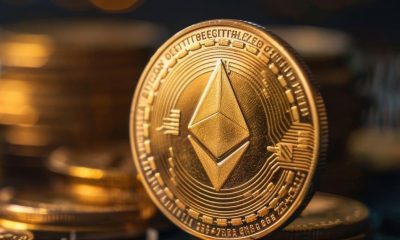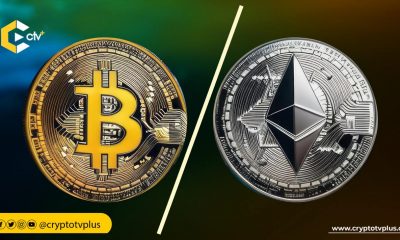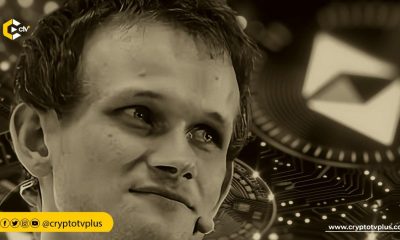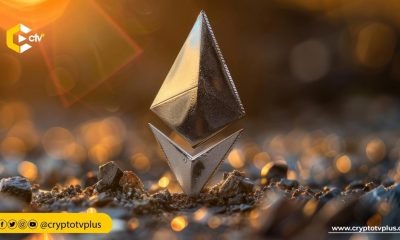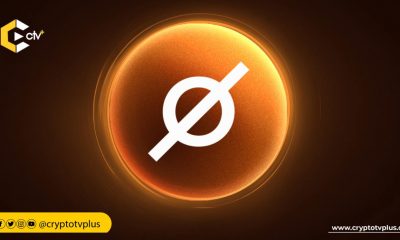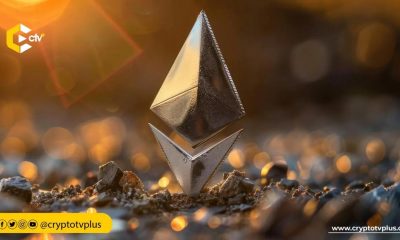News
Opensea unveils Opensea 2.0 upgrade; CEO bullish on Ethereum NFTs
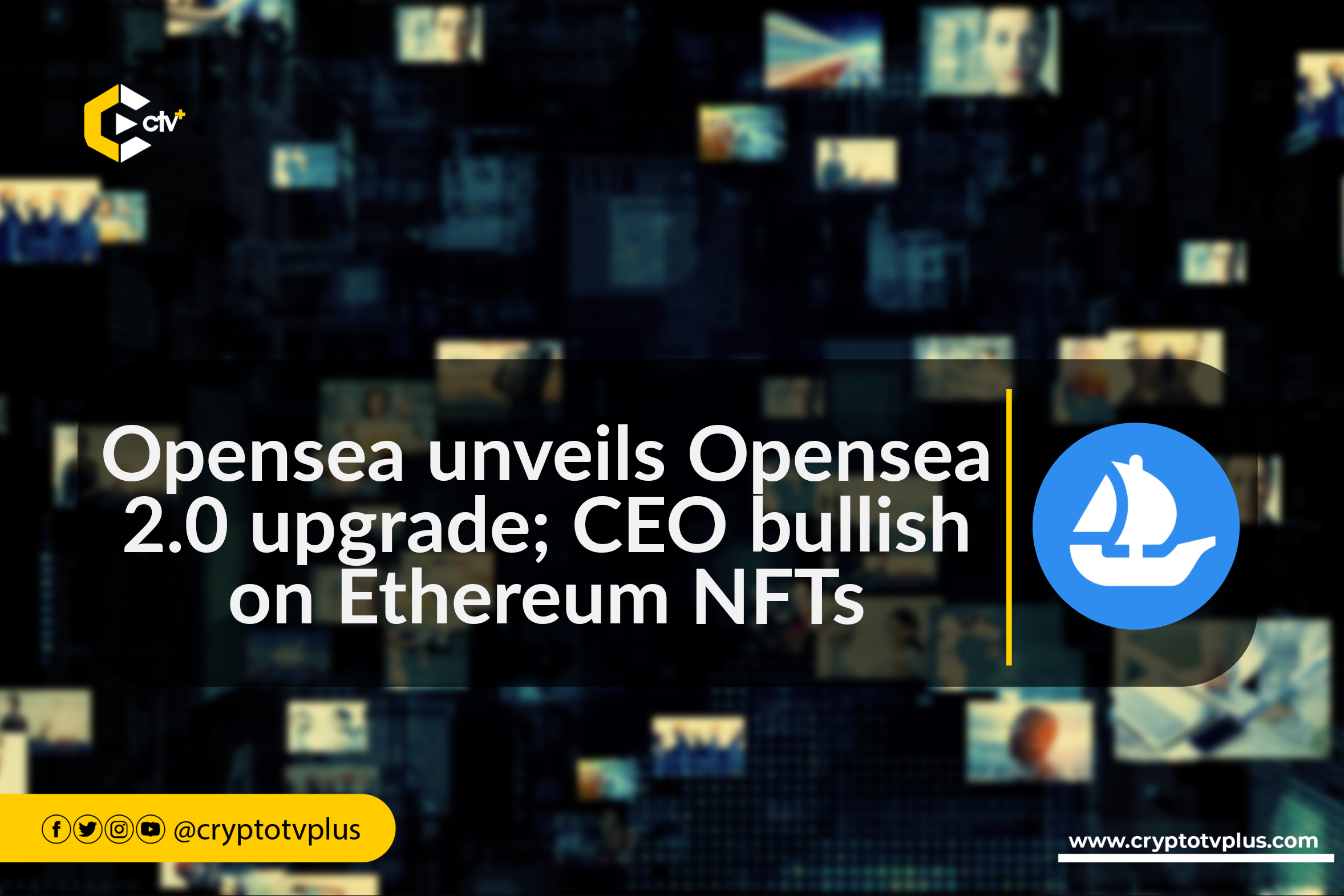
OpenSea is working on a platform upgrade known as OpenSea 2.0, aiming for a better user experience and improved differentiation between NFT categories.
The upgrade, which was revealed by its CEO, Devin Finzer during an interview with Bloomberg, aims to customize the marketplace interface for various use cases.
OpenSea is one of the world’s largest marketplaces for non-fungible tokens (NFTs), where users can buy, sell, create, and trade NFTs. It operates as a decentralized platform, allowing users full control and access to their cryptocurrency wallets.
OpenSea offers a wide array of NFT categories, such as art, music, collectibles, virtual lands, domains, and utility NFTs.
The platform prides itself on embracing interoperability, transparency, and inclusivity, and it supports multiple blockchains beyond Ethereum.
According to Devin Finzer, NFTs could be displayed differently based on their categories, such as gaming tokens or event tickets.
OpenSea also plans to enhance its pro trading platform and improve the detection of fake NFT collections and harmful URLs.
Finzer noted the rising usage of the Solana blockchain for NFTs and the popularity of Ordinals on the Bitcoin blockchain.
However, he remains optimistic about Ethereum as the preferred blockchain for NFTs, especially with its layer-2 chains making transactions cheaper and faster.
In 2023, OpenSea, the world’s largest NFT marketplace, experienced both successes and challenges.
Despite a 63% decline in sales, OpenSea’s NFT trading volume tripled between October and November 2023, reaching $8.7 billion.
On its staff strength, in November 2023, it laid off 50% of its staff in response to the harsh market conditions experienced.
OpenSea’s valuation also dropped from $13.3 billion in 2022 to $1.4 billion or less in 2023. Its dominance was contested by other platforms such as Blur, OKX NFT Marketplace, and Magic Eden.
Another key contestant for the market is the introduction of Inscriptions on the Bitcoin network which has introduced Ordinals.
Read also; Why social listening services are important in crypto



